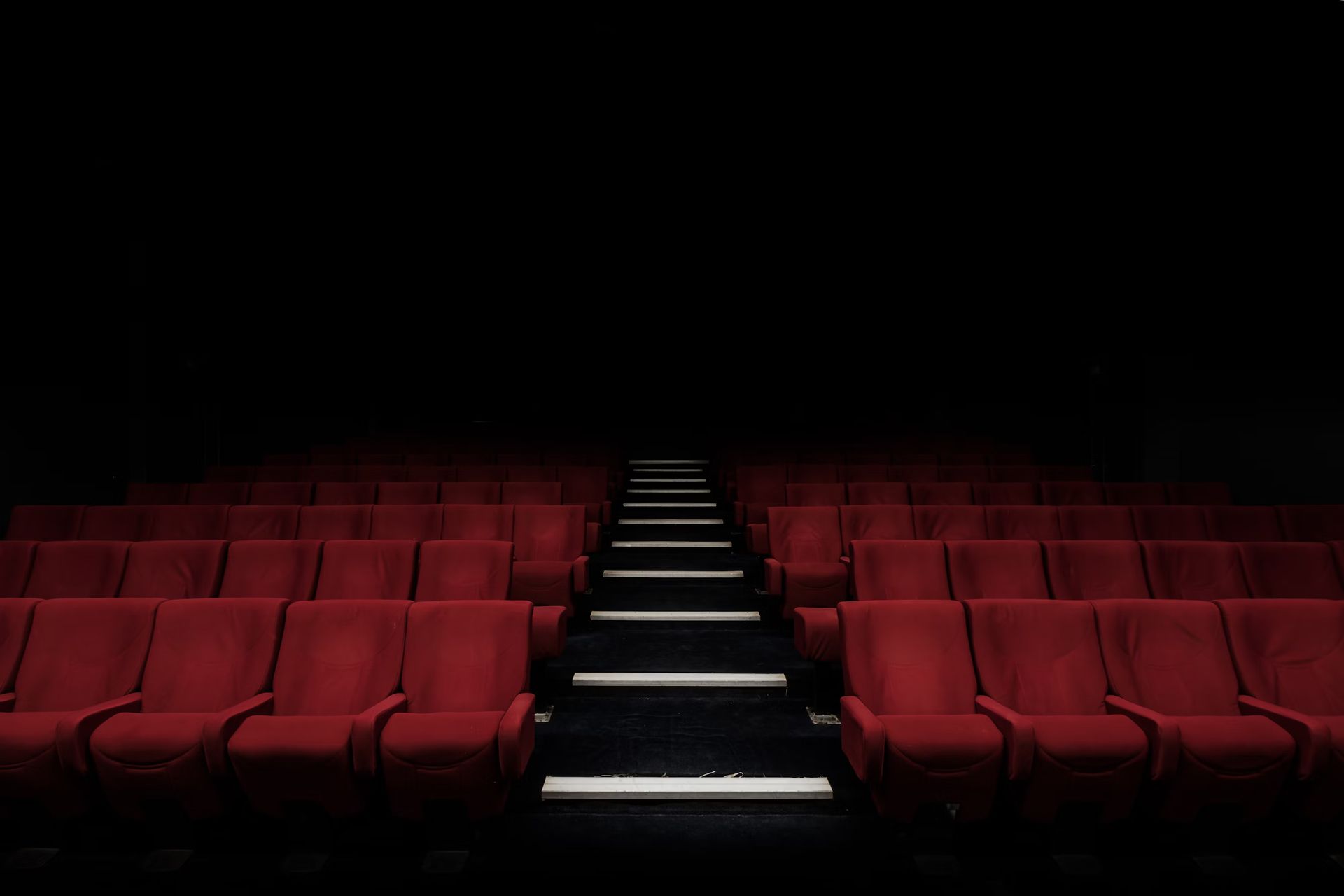Runway, a startup specializing in AI-powered video tools, has announced a big partnership with Lionsgate, the studio behind blockbusters like the John Wick and Twilight franchises. This collaboration will allow Runway to develop a custom AI video model trained on Lionsgate’s movie catalog, providing filmmakers, directors, and other creative talents access to cutting-edge AI tools designed to enhance their production work. According to Lionsgate’s vice chair, Michael Burns, the new AI model will help creators “augment their work” in unique and innovative ways.
Will Runway x Lionsgate deal change the face of the cinema?
“Runway is a visionary, best-in-class partner who will help us utilize AI to develop cutting edge, capital efficient content creation opportunities,” said Lionsgate Vice Chair Michael Burns. “Several of our filmmakers are already excited about its potential applications to their pre-production and post-production process. We view AI as a great tool for augmenting, enhancing and supplementing our current operations.”
Runway is also exploring the possibility of offering licensed versions of these AI models, giving independent creators the ability to build and customize their own AI tools for personal projects. This move marks Runway as the first AI company to publicly secure a deal with a major Hollywood studio, setting it apart from other tech firms like Disney and Paramount, who have yet to formalize similar partnerships despite discussions recently reported by The Wall Street Journal.
However, this partnership coincides with new legislative developments in California, where recent bills were signed to regulate the use of AI-generated digital replicas in film and television. Adding to the complexity, Runway is also facing legal challenges over accusations that it used copyrighted content without permission to train its AI models.
While this collaboration could push the boundaries of what AI can offer to the entertainment industry, it also highlights the growing tension between technological innovation and legal and ethical concerns. The partnership between Runway and Lionsgate might signal a new chapter for AI in filmmaking, but it’s clear that the path forward will be closely scrutinized.

How does this affect cinema?
Cinema has always pushed the boundaries of imagination, but since the early 2000s, the once-impossible ideas from movies have started to become real. Video calls are now a daily norm, flying car prototypes are being tested, holograms appear at concerts, and artificial intelligence is reshaping entire industries.
Best AI movies to watch for the weekend
But is cinema truly predicting the future, or is it just a coincidence? It’s not so simple to answer. Filmmakers often collaborate with scientists and engineers to turn imaginative ideas into reality. For example, the hoverboard from Back to the Future sparked the creation of real-life prototypes, even if no one truly “needed” them. Like a child driven by the desire to play with their favorite toy, engineers accepted the challenge the film presented. The hoverboard Marty McFly rides in that iconic scene wasn’t just a dream—it was a dare, one that engineers eagerly took on.
The influence of cinema extends beyond mere inspiration. Many leading tech companies, such as Adobe, Pixar, Technicolor, and Dolby, were born from the desire to bring cinematic visions to life. Today, these companies shape not only the film industry but also the broader tech world, driven by founders who turned their cinematic dreams into reality.
Featured image credit: Runway





